-
Ozark Natural Science Center inspires a love for nature
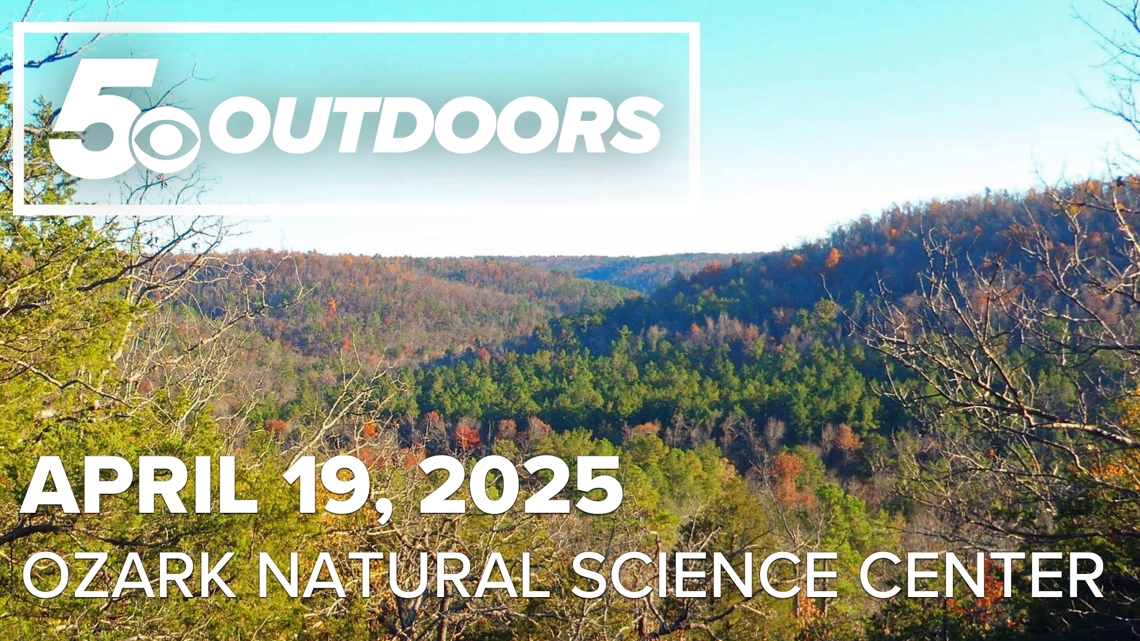
Ozark Natural Science Center connects people to nature through hands-on science education, camps, and hikes in the heart of the Arkansas Ozarks. FAYETTEVILLE, Arkansas — Tucked away in the hills of northwest Arkansas, the Ozark Natural Science Center (ONSC) is a place where science, nature, and education come together in a hands-on, down-to-earth way. Founded…
-
Ozark Natural Science Center inspires a love for nature
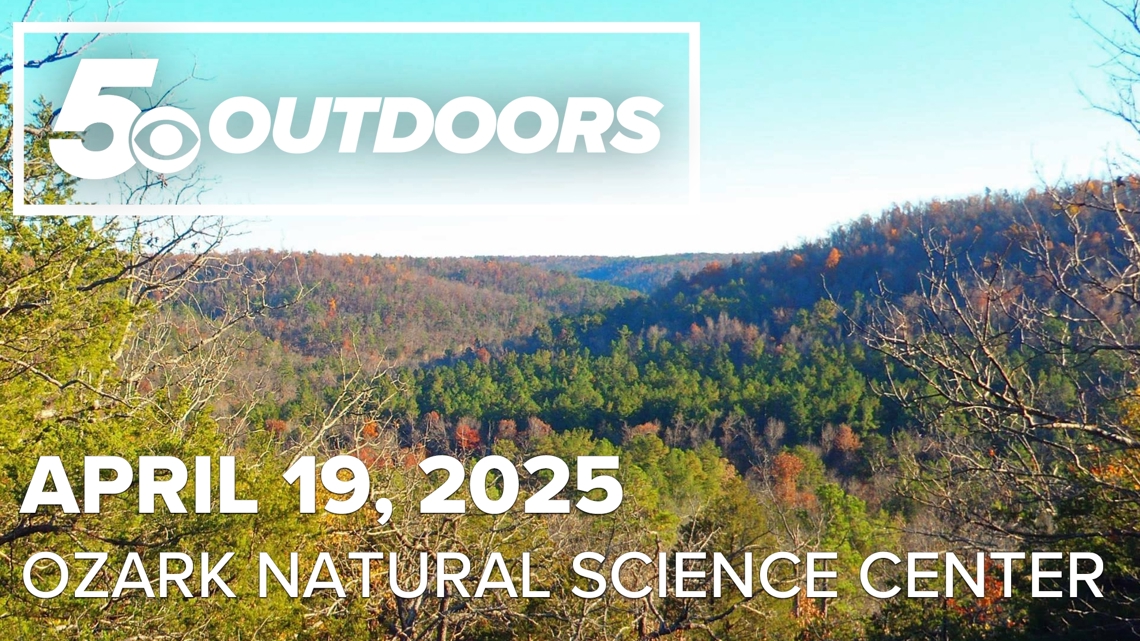
Ozark Natural Science Center connects people to nature through hands-on science education, camps, and hikes in the heart of the Arkansas Ozarks. FAYETTEVILLE, Arkansas — Tucked away in the hills of northwest Arkansas, the Ozark Natural Science Center (ONSC) is a place where science, nature, and education come together in a hands-on, down-to-earth way. Founded…
-
Best Berberine Supplement Ranked: Science Natural Supplements Berberine Fat Burner
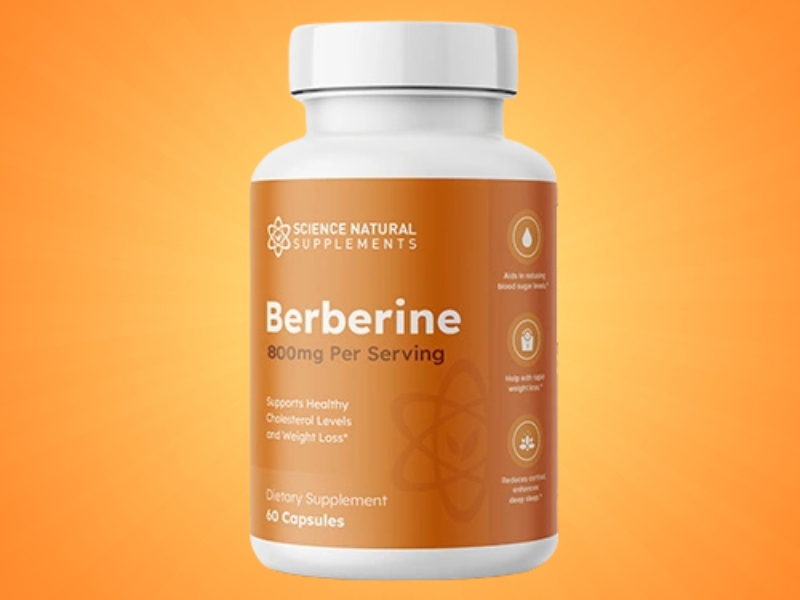
New York City, April 18, 2025 (GLOBE NEWSWIRE) — Understanding the Metabolic Health Crisis in 2025 In today’s fast-paced world, millions silently suffer from the daily frustrations of poor metabolic health. Fatigue creeps in before noon. Weight clings on despite exercise. Cravings strike without warning. And blood sugar readings fluctuate like a rollercoaster. These issues…
-
The science behind honey: nature’s oldest, most popular remedy

HOUSTON – Honey has been a staple in natural medicine for centuries. SEE ALSO: Parents of children ages 1 to 6 may want to have honey ready during flu season Recommended Videos While honey is not safe for babies under one year due to the risk of botulism, it is the most recommended cough medicine…
-
‘Totally broken’: how Trump 2.0 has paralysed work at US science agencies
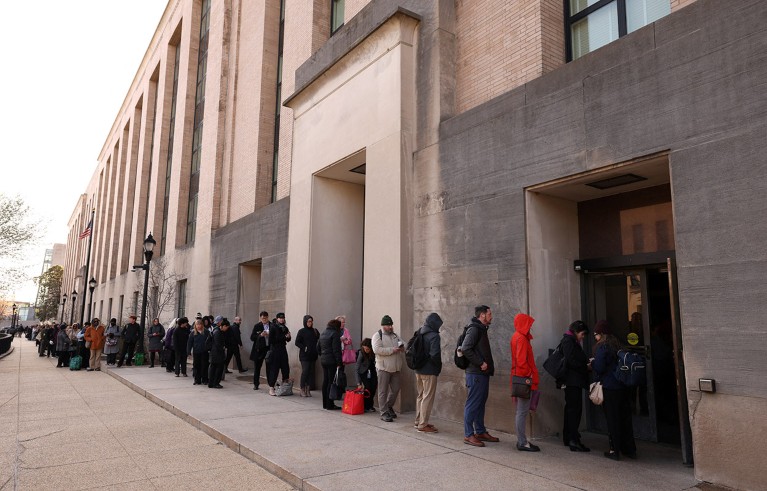
During the week of 1 April, workers at the US Department of Health and Human Services waited in line to access their offices as mass lay-offs began.Credit: Kevin Lamarque/Reuters As the administration of President Donald Trump continues its campaign to reshape the US government with spending cuts and mass lay-offs, some scientists still employed at…
-
Exclusive: Trump team freezes new NSF awards — and could soon axe hundreds of grants
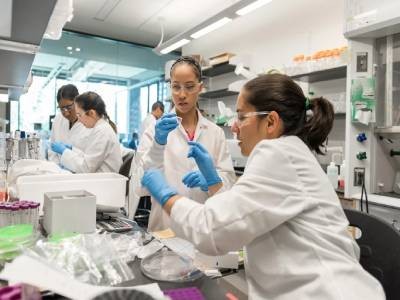
All new research grants have been frozen at the US National Science Foundation (NSF) — an action apparently ordered by the Department of Government Efficiency (DOGE), an initiative by billionaire entrepreneur Elon Musk to cut spending and workers across the US government. DOGE is also now reviewing a list of active research grants assessed in…
-
Invasion of the ‘journal snatchers’: the firms that buy science publications and turn them rogue
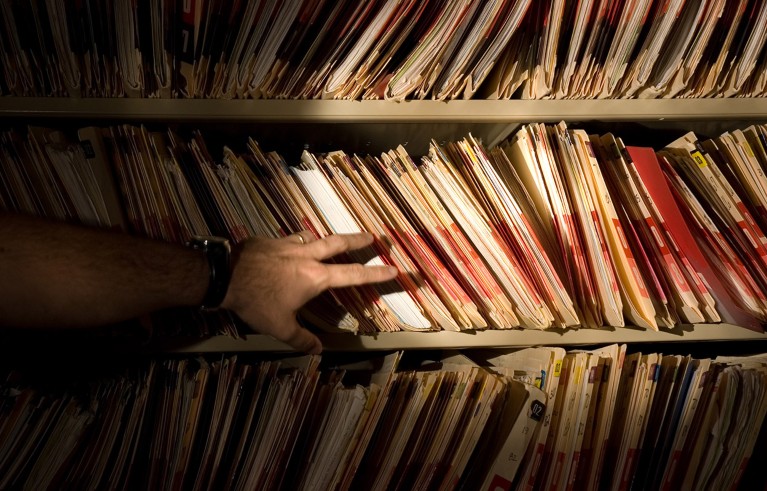
Publishers are being offered hundreds of thousands of euros for journals indexed by scholarly databases.Credit: Dave Whitney/Getty Research-integrity analysts are warning that ‘journal snatchers’ — companies that acquire scholarly journals from reputable publishers — are turning legitimate titles into predatory, low-quality publications with questionable practices. In an analysis published on the preprint repository Zenodo in…
-
The Future of Nature | Humans
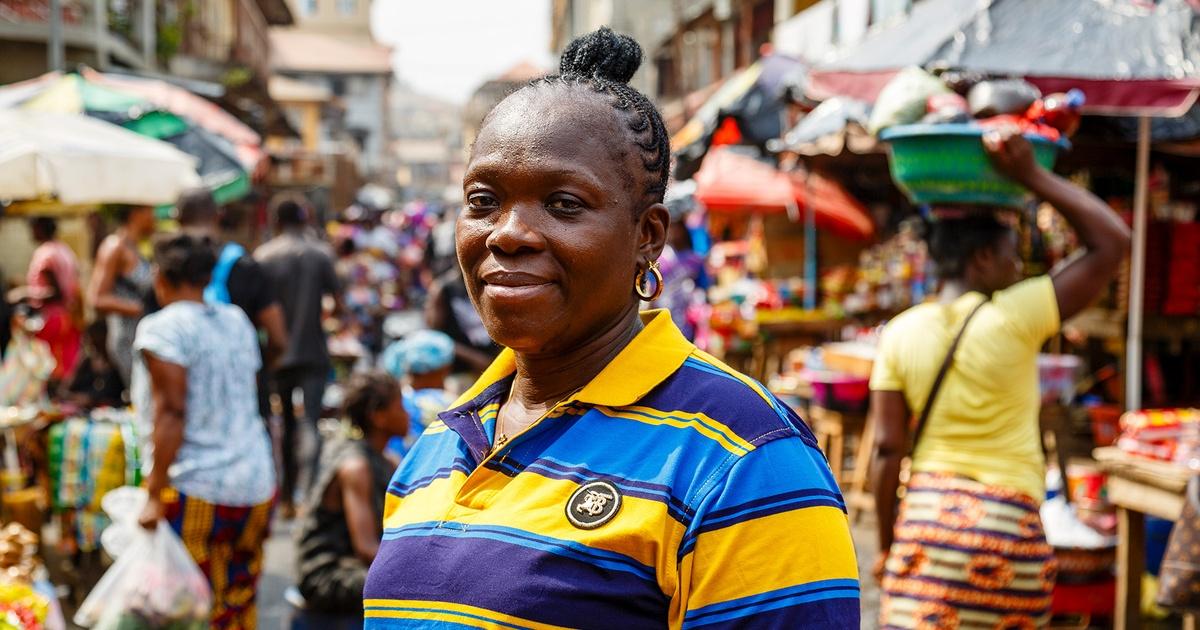
♪ UMA THURMAN: Life. The closer you look, the more mysterious it seems. We can’t see the invisible forces at work. But what if we could? It’s time to look at our home… ..in a whole new way. Imagine carbon cycling through nature. It’s one of the building blocks of life… ..and it’s stored in…
-
What a trove of potato genomes reveals about the humble spud
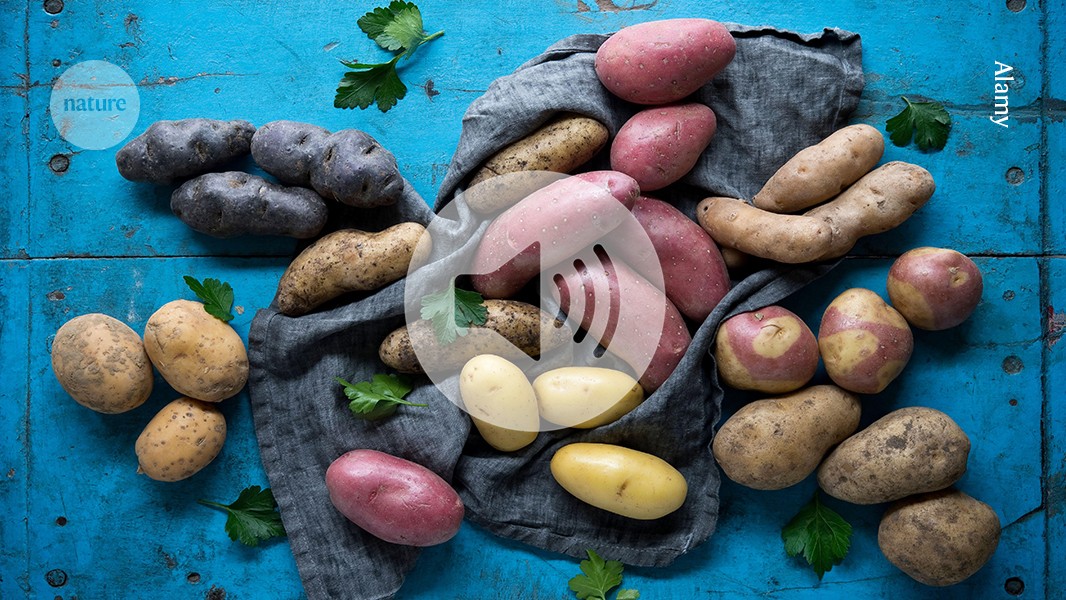
Download the Nature Podcast 16 April 2025 In this episode: 00:46 A potato pangenome Researchers have created a ‘pangenome’ containing the genomes of multiple potato types, something they believe can help make it easier to breed and sequence new varieties. The potato’s complicated genetics has made it difficult to sequence the plant’s genome, but improvements…
-
First global pandemic treaty agreed
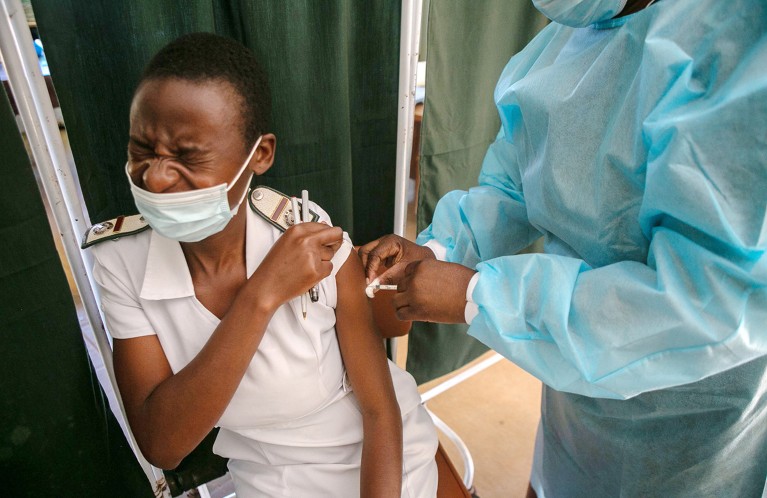
A health worker in Zimbabwe receives a COVID-19 vaccination. Many countries struggled to secure vaccine supplies during the pandemic.Credit: Tafadzwa Ufumeli/Getty For the first time — and despite fears that it might never happen — nations have agreed a series of measures to prevent, prepare for and respond to pandemics. The terms of the first…